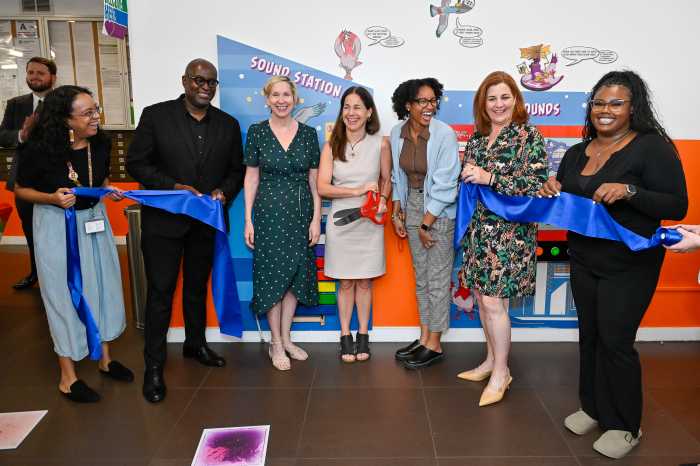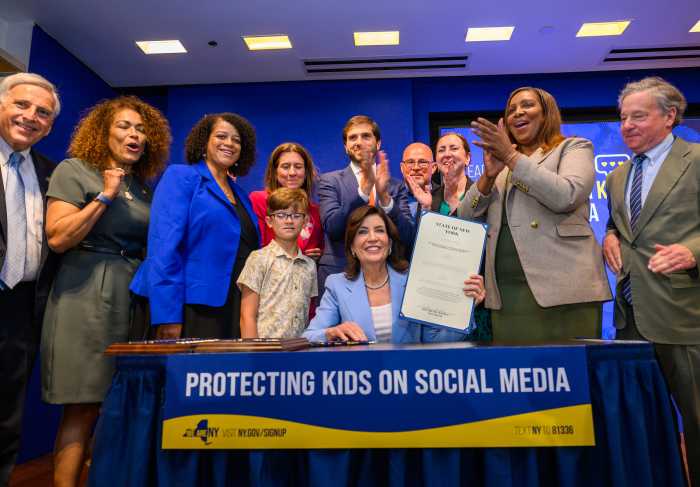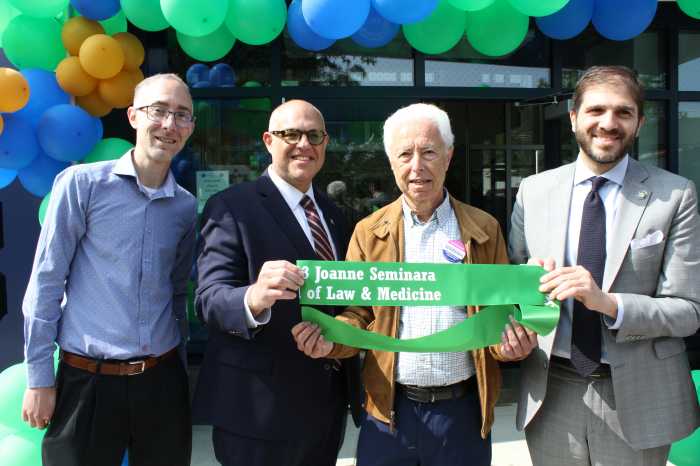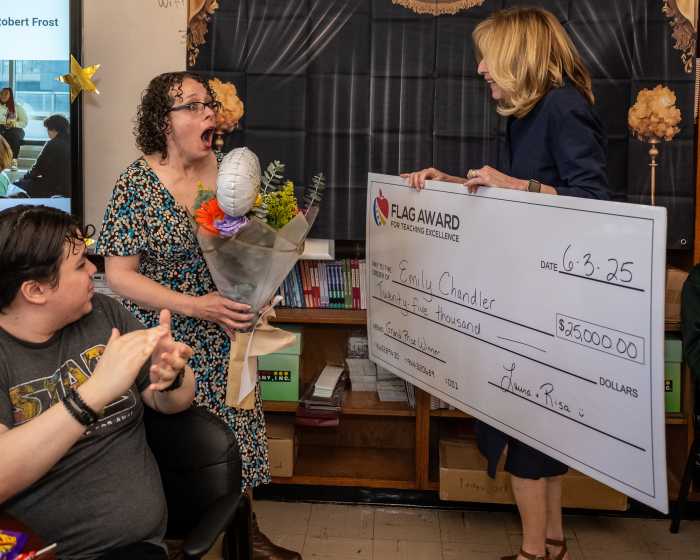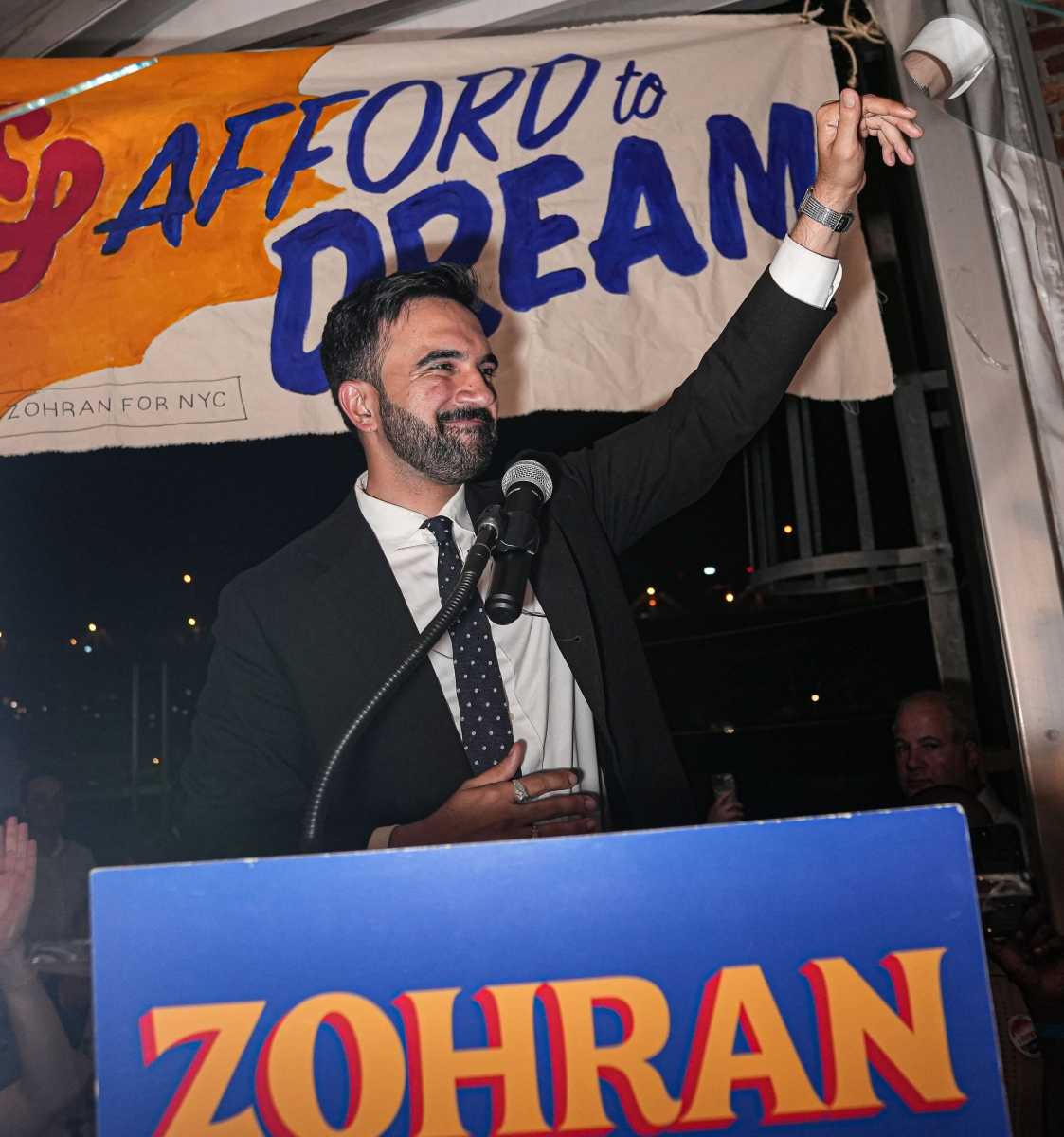It is official: you are better off letting your kids watch “How I Met Your Mother” than the evening news. I reaffirmed this assessment shortly after I attended a conference on the power of the narrative at Boston University a few weeks back.
Oh, and after the bombs went off at the Boston Marathon last week.
I had waved good-bye, got on a train and took it to Back Bay. I stopped to admire Copley Square. I took a picture, struck in the moment by the overwhelming whiff of history I got in a single breath. Boston. That tea party thing. The very beginnings of this great country. “My Country T’is of Thee” played softly in my head.
At the conference, I met reporters who covered the world’s great wars and atrocities. I met many of the people who bring us the news. I met a professor of policy and writing from Harvard. We all talked about how to tell people stories that will compel them to act.
But the conclusion we came to was alarming: we don’t really know.
A week-and-a-half later I saw on the screen of my iPad bombs going off where I had stood in Boston. Where I had stopped with a wow of appreciation at the relatively recent creation of a place dedicated to freedom.
And when I read the Times, I was told they talked to a Saudi who ran from the scene. They talked to him because of his nationality. And then, the countries’ newspaper of record quoted someone as saying, “This feels like Bagdad.”
This is why I don’t show my children news. I don’t like all the innuendo and connotations about peoples and places that are thrown out so blithely. My Lebanese friend and I huff and puff at the dismissive depiction of Arab culture and people. It turns my stomach that I can’t really trust anything I’m being told anymore, because I understand that they are not simply trying to inform us, they are, instead, trying to capture our interest.
And the readers are thinking “Where are the Arabs who did this?” and the news gives them the running Arab, an innocent bystander who happens to love hummus — just like the rest of us. I laughed with the Syrian guys about it at Costco the other day.
As a parent, I trickle out news to my kids in dribs and drabs, trying to include context and explanation and humanity. These are what a story needs if it is going to be told. Pictures paint a thousand words, so I keep their little eyes from lighting on disturbing images. We have no television, and their limited Internet surfing may turn up an image or two but they don’t likely linger for long. They are anxious to get back to their video games and comedies, all focused, it seems, around rude sexual humor.
This is my choice. “How I Met Your Mother” lets them sleep at night with smiles.
I tell them we are all the same. I tell them we need to open our minds and listen. I tell them that people aren’t bad. Even Arabs. Arabs are Alex who owns the deli that still carries your favorite Doritos.
I tell them that some people are just angry, and they feel helpless, and that is sad for them and for us all. I tell them we need to have empathy for every living soul. That needs to be our narrative, our legacy to our children.
That is what they decided, in Boston, a long time ago.
Right?
Read Fearless Parenting every other Thursday on BrooklynPaper.com.



